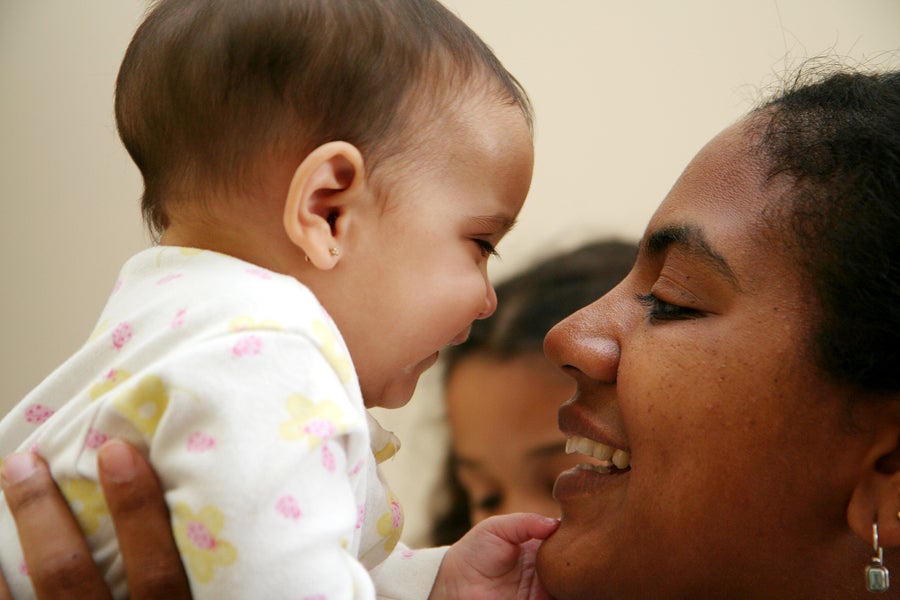Cycling in and out of health coverage is a problem no matter the stage of life, but is especially harmful for women in the time before, during and after pregnancy.
According to a new blog from researchers Jamie R. Daw, Katy B. Kozhimannil and Lindsay K. Admon in Health Affairs, about 34 percent of women nationally experience some disruption in coverage between the month before they become pregnant and the sixth month after delivery.
More often than not, the disruption included losing coverage altogether. In some states, including Texas, Oklahoma and Georgia, more than one-third of women experienced a period of un-insurance between preconception and postpartum.
The disruption rates were higher for women in states without Medicaid expansion —41 percent of women—than in expansion states—29 percent of women.
This is troubling. Research shows that coverage before, during and after pregnancy increases access to preventive care, reduces adverse health and reduces maternal mortality rates.
Improved health for moms benefits their babies too. As my CCF colleague Adam Searing highlighted in a report earlier this year, states that have expanded Medicaid under the Affordable Care Act saw a 50 percent greater reduction in infant mortality than non-expansion states as well as better coverage and care for women of childbearing age and a reduction in maternal mortality rates. Research shows that children born to mothers with prenatal Medicaid coverage are less likely to suffer from metabolic and immunity disorders in early adulthood, such as thyroid disorders, cystic fibrosis and diabetes.
As the Health Affairs authors point out, however, there’s more to be done, even in expansion states, to ensure that women have continuous coverage before, during and after pregnancy.
No state has yet implemented extending full Medicaid coverage beyond 60 days after delivery, and the income eligibility thresholds for coverage drop significantly for women outside of that timeframe. In expansion states, the eligibility level for Medicaid coverage for parents is a minimum of 138 percent of federal poverty, and in non-expansion states, the median Medicaid eligibility level for parents is just 40 percent FPL, or $8,532 per year for a family of three in 2019.
That’s a substantial drop from the national median eligibility level of 200 percent of FPL for pregnancy coverage. As a result, many women lose eligibility 60 days after delivery, and even in expansion states, women struggle to enroll in another source of coverage due to fluctuations in work, income and family changes that often accompany the birth of a child.
States are working to tackle this coverage problem. The authors point out several state efforts, including a recent Illinois change to extend Medicaid coverage from 60 days to 12 months after delivery. Missouri’s Governor also signed a bill to develop a plan to allow a sub-group of pregnant women being treated for substance use disorder to keep coverage for an additional 12 months, as long as they stay in treatment.
The stakes for inconsistent coverage during the childbearing years are high. New research published by the CDC in May 2019 showed that one in three pregnancy-related deaths occur within one week to one year after delivery. The majority of these deaths were preventable.
Ensuring continuous coverage before, during and after pregnancy can help mothers have healthy pregnancies and help families get off to a healthy start. Medicaid is an important part of working toward this goal.



